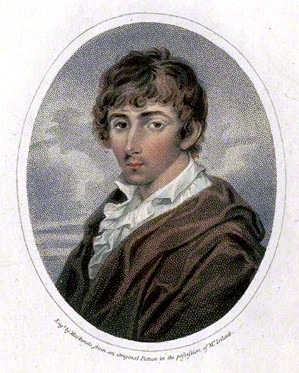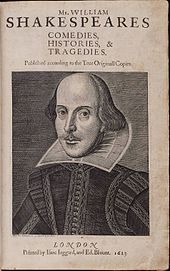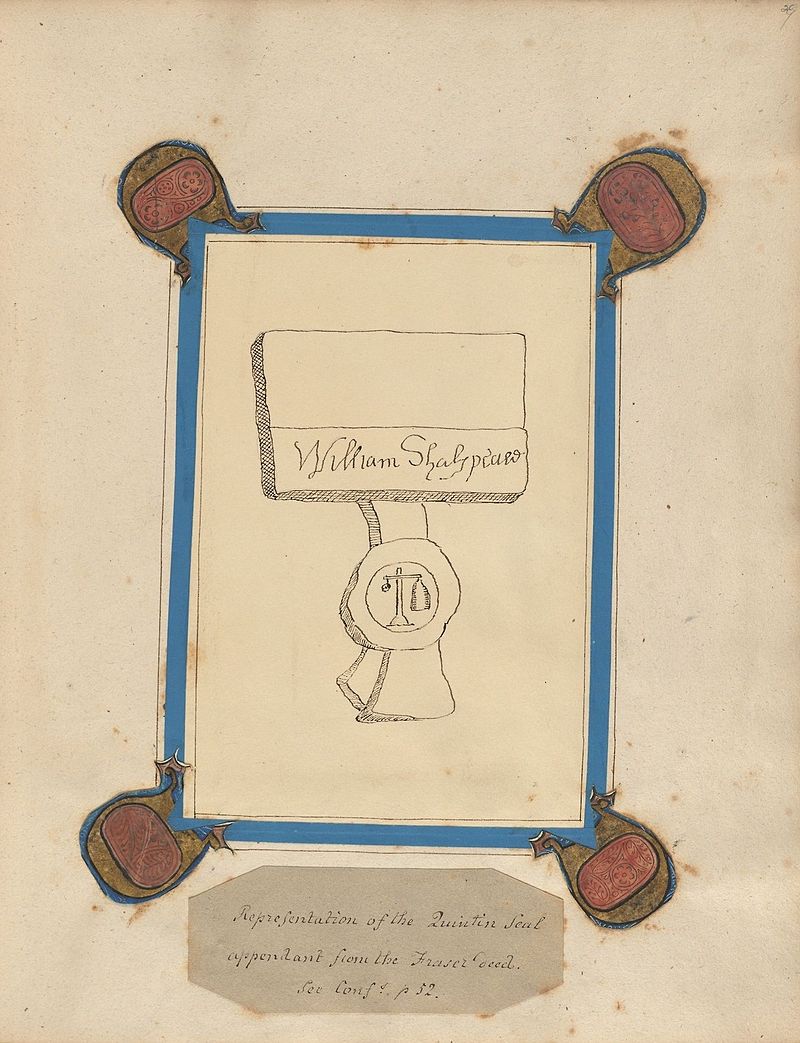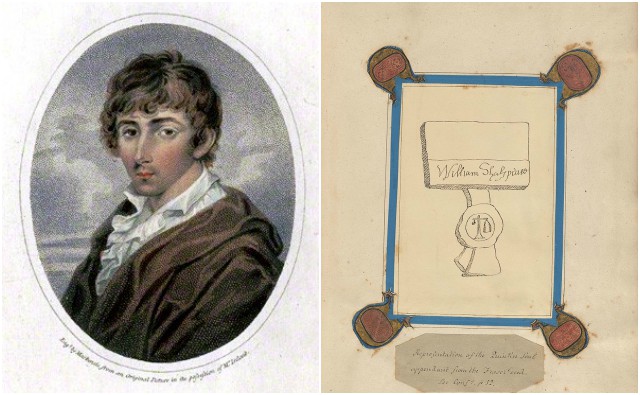William Henry Ireland was born on August 2, 1775, in London, England. He was the son of Samuel Ireland, a respected engraver, collector of antiquities and collector of Shakespearian plays and “relics” in London.
William Henry Ireland attended schools in Kensington, Ealing and as a teenager, he took up his father’s passion for William Shakespeare and antiquarian books, which provided him with the knowledge to pull off his famous hoax.
William Henry Ireland is the man behind one of the most brazen literary forgeries in history. In 1795, Ireland claimed to have come across a cache of letters and legal documents belonging to the playwright William Shakespeare.
The story starts in the winter of 1795 when William Henry Ireland signed the bottom of a tattered piece of paper “Wm Shakespeare.”

He wanted to satisfy his father’s desire to obtain a document in Shakespeare’s handwriting, and he did. Knowing his father was a collector who more than anything wanted to own something signed by Shakespeare, William Henry Ireland brought him his forgery claiming that he found it in the mansion of a wealthy friend.
He convinced his father, Samuel Ireland that it was a genuine Shakespeare artifact. He finally satisfied his father’s lifelong dream to possess an actual specimen of William Shakespeare’s signature.
Ireland subsequently forged a promissory note signed by Shakespeare and later other spectacular finds, including a love letter written by Shakespeare to Anne Hathaway and a previously unknown historical drama by the Bard titled Vortigern.

Drury Lane Theatre decided to put on the production of the lost Shakespeare play Vortigern on April 2, 1796. Although the owner of the theater suspected a fraud, he decided that there was enough public interest in the play to make an exception.
The actor John Philip Kemble, who was also the manager of the Drury Lane Theatre, had severe doubts about the play’s authenticity and made them known.
The play was never performed again and William Henry Ireland finally delivered his proud confession.
Many people refused to believe that he wrote the play and thought that he was claiming credit for something that somebody else had done.

Most critics initially believed Samuel Ireland had produced the Shakespeare manuscripts but William Henry Ireland accepted full responsibility and he even wrote and published An Authentic Account of the Shaksperian Manuscripts (1796), in which he acknowledged that he was the sole author of all of the manuscripts.
William Henry Ireland was ostracized in England and left for France where he resided for nearly a decade.
In 1832, William Henry Ireland published a second edition of Vortigern. By then the controversy was over.
William Henry Ireland died in 1835.
